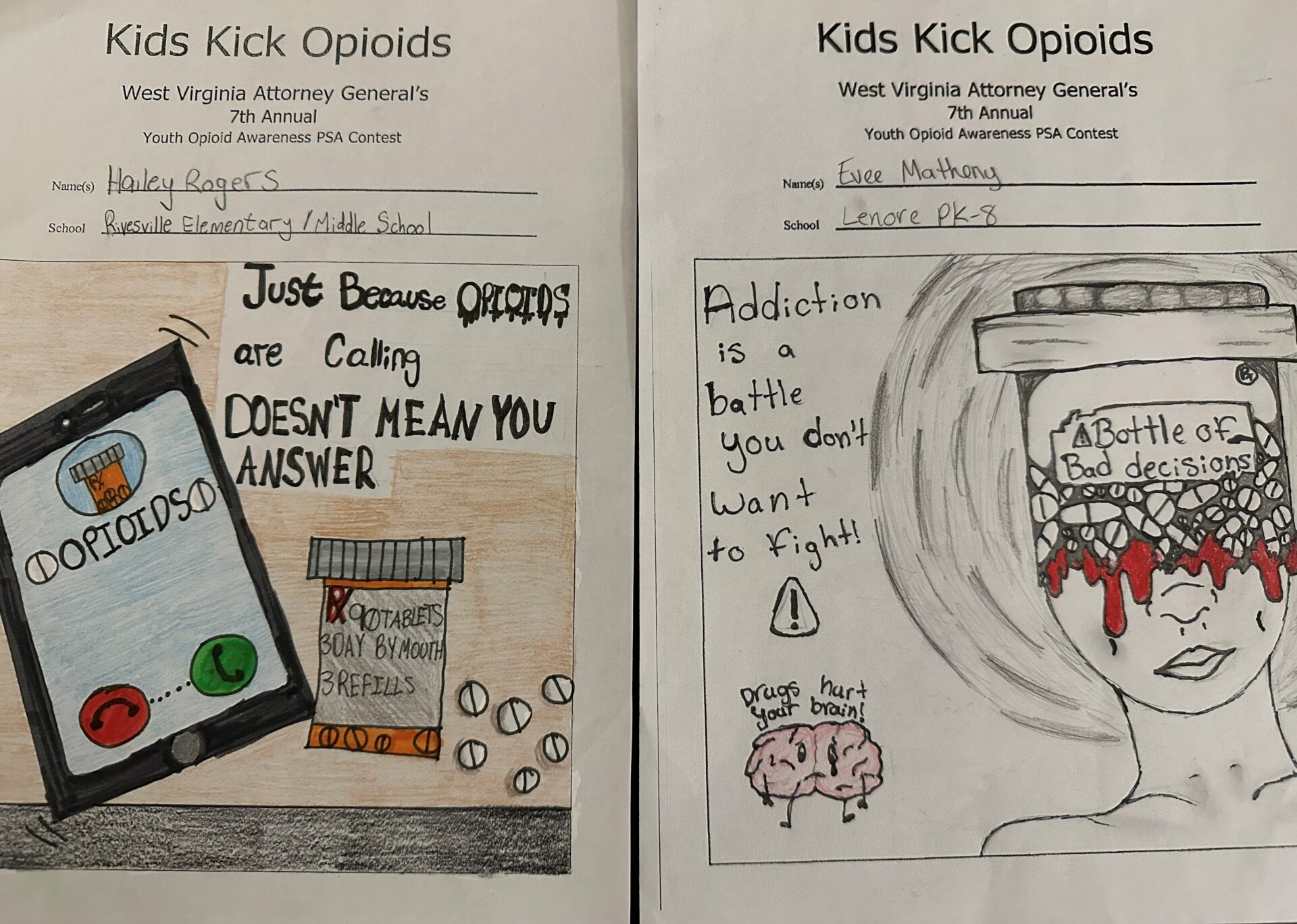With the Christmas shopping season now in full swing, Attorney General Patrick Morrisey is advising caution around credit card offers, package deliveries and even donating to charity.
The Attorney General is warning West Virginians to be on the lookout for scams and fraud that increase during the holiday season as part of the Holiday Consumer Protection Week.
With the Christmas shopping season now in full swing, Attorney General Patrick Morrisey is advising caution around credit card offers, package deliveries and even donating to charity.
John Mangalonzo, press secretary to the attorney general’s office, said the attorney general’s office has shared tips around this time for years.
“People are shopping, either online, or the brick-and-mortar places,” he said. “There’s going to be a lot of transactions, cash, credit cards, gift cards, and what have you. Just kind of a quick reminder for our consumers to be careful, especially during the holiday season.”
The attorney general’s office advises that while it may be tempting to take advantage of the “buy now, pay later” of increased credit card offers during this time of year, it’s important to verify the credit card offer is legitimate. Similarly, the office urges West Virginians to verify charities before giving.
“It’s just the holiday spirit, people are giving during this time of year,” Mangalonzo said. “Some may go through charities, but before donating, just make sure that the actual money that you’re giving went to support that specific charity, make sure that it’s legit.”
Mangalonzo said scammers may use the name of a legitimate charity to garner donations from the unsuspecting.
“Go to the Secretary of State’s website to see if the charities registered to solicit donations in the state because you may find charities can be legitimate, but it’s being used by bad actors and come to find out they’re not actually registered,” he said.
Other warnings put out this week include being wary of “porch pirates” during the time of increased deliveries, as well as watching out for older relatives that may be victims of “grandparent scams.”
Scammers have been known to call senior citizens pretending to be their grandchild. Others claim to be law enforcement with news about a loved one. They often indicate the grandchild in question is in another state or country and in dire need of money due to an emergency.
Mangalonzo said West Virginians should enjoy the holiday season but be aware and understand that things may still happen. If things do go wrong, he says help is available.
“If you believe that you may have been a victim of a scam or something like that, just feel free to contact our office, our Consumer Protection Division, that number is 800-368-8808,” Mangalonzo said. “There’s going to be people over there that will guide you through the process and give you some advice.”
